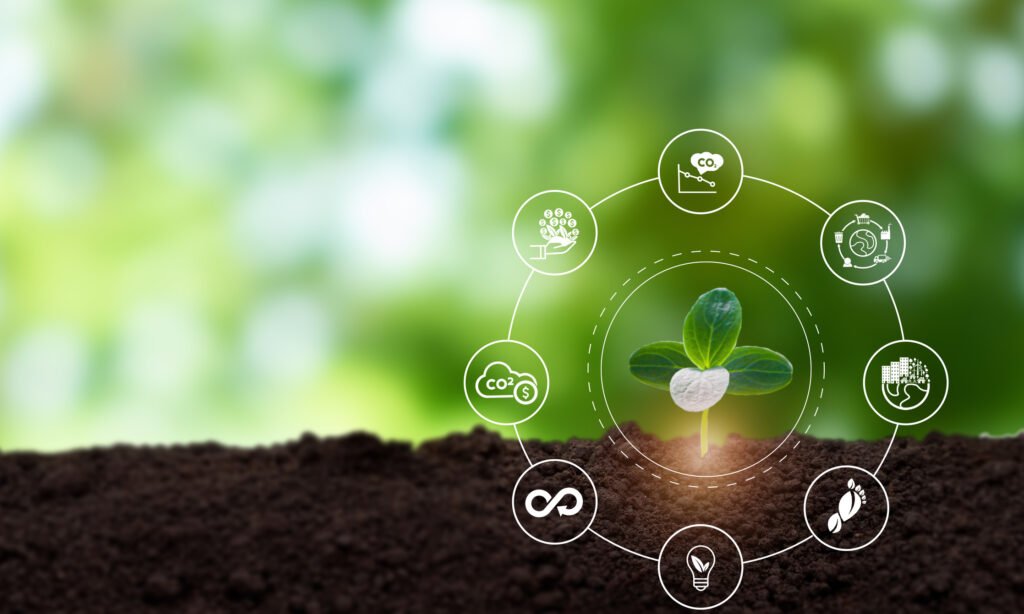Moringa: A Tree with the Power to Transform India
India faces a dual challenge—ensuring food security for a growing population while addressing environmental degradation. With increasing urbanization, soil depletion, and climate change, the need for sustainable solutions is urgent. Moringa, often called the “Miracle Tree,” presents a practical and scalable solution. By integrating moringa cultivation into our food systems and landscapes, we can improve nutrition, strengthen food security, and promote environmental conservation.
Food Security: Addressing Malnutrition with Moringa
Malnutrition remains a pressing issue in India. Despite economic progress, millions suffer from deficiencies in essential nutrients, particularly among children and women. Moringa is a powerhouse of nutrition—its leaves are rich in vitamins A, C, and E, iron, calcium, potassium, and protein. This makes it an excellent supplement to fight malnutrition and improve overall health.
- Iron-Rich for Anemia Prevention: India has one of the highest rates of anemia, particularly among women. Moringa provides more iron than spinach, helping to combat iron deficiency.
- Boosts Immunity: Packed with antioxidants and essential nutrients, moringa strengthens the immune system, reducing susceptibility to infections.
- Supports Maternal and Child Health: Pregnant and lactating women benefit from moringa’s high calcium and protein content, crucial for fetal and infant development.
- Affordable Nutrition: Unlike expensive supplements, moringa grows abundantly and can be easily integrated into daily diets.
Sustainable Agriculture and Environmental Benefits
Moringa is not just a nutritional powerhouse; it is also an ecological ally. With India facing issues like deforestation, desertification, and declining soil fertility, moringa cultivation offers multiple environmental benefits:
- Drought-Resistant Crop: Moringa thrives in arid and semi-arid regions with minimal water requirements, making it an ideal crop for water-scarce areas.
- Carbon Sequestration: Moringa trees absorb carbon dioxide at a high rate, helping to combat climate change.
- Soil Enrichment: Its deep roots prevent soil erosion, and fallen leaves contribute to soil fertility.
- Supports Biodiversity: Moringa cultivation promotes biodiversity by attracting pollinators and providing habitat for beneficial insects.
- Reduces Deforestation Pressure: By providing an alternative source of nutrition, fodder, and medicine, moringa reduces dependency on forest resources.
Urban Integration: Growing Moringa in Cities
Urban dwellers often feel disconnected from nature and struggle to find fresh, nutrient-rich food. Moringa can bridge this gap through:
- Terrace Gardening: Moringa can be grown in large pots, making it accessible even in apartment complexes, hospitals, schools.
- Community and School Gardens: Planting moringa in parks and schools ensures fresh nutrition for local communities.
- Air Purification: Moringa trees help reduce air pollution by filtering toxins and releasing oxygen.
Economic Opportunities: Empowering Farmers and Entrepreneurs
Moringa cultivation is a livelihood opportunity for rural farmers, women’s self-help groups, and urban entrepreneurs. Processing moringa into powder, tea, oil, and skincare products adds economic value while promoting sustainability.
- Farmer Empowerment: Moringa farming provides an additional revenue stream for small farmers.
- Women’s Livelihoods: Women-led cooperatives can process and sell moringa-based products, creating economic independence.
- Export Potential: India has the potential to become a leading exporter of high-quality moringa products, tapping into the global health food market. The first priority though has to be to cater to the requirements of Indian citizens.
Call to Action: Be a Part of Moringa Shakti
The integration of moringa into India’s food systems and environmental policies can bring long-term benefits. Individuals, communities, and policymakers must take action:
- Grow Moringa: Whether in a backyard , terrace, or farm, planting moringa is a step towards sustainability.
- Incorporate Moringa into Diets: Add moringa leaves or powder to daily meals for improved nutrition.
- Advocate for Moringa Cultivation: Encourage government and local bodies to include moringa in afforestation and nutrition programs.
- Support Moringa-Based Enterprises: Choose and promote moringa products to boost the local economy.
Moringa is more than just a tree—it is a movement for health, sustainability, and economic empowerment. Join Moringa Shakti and be part of the change!






